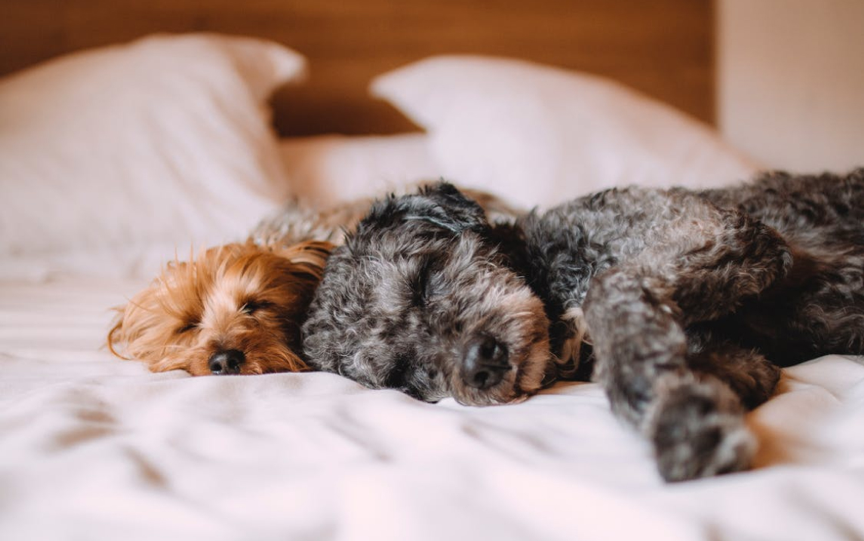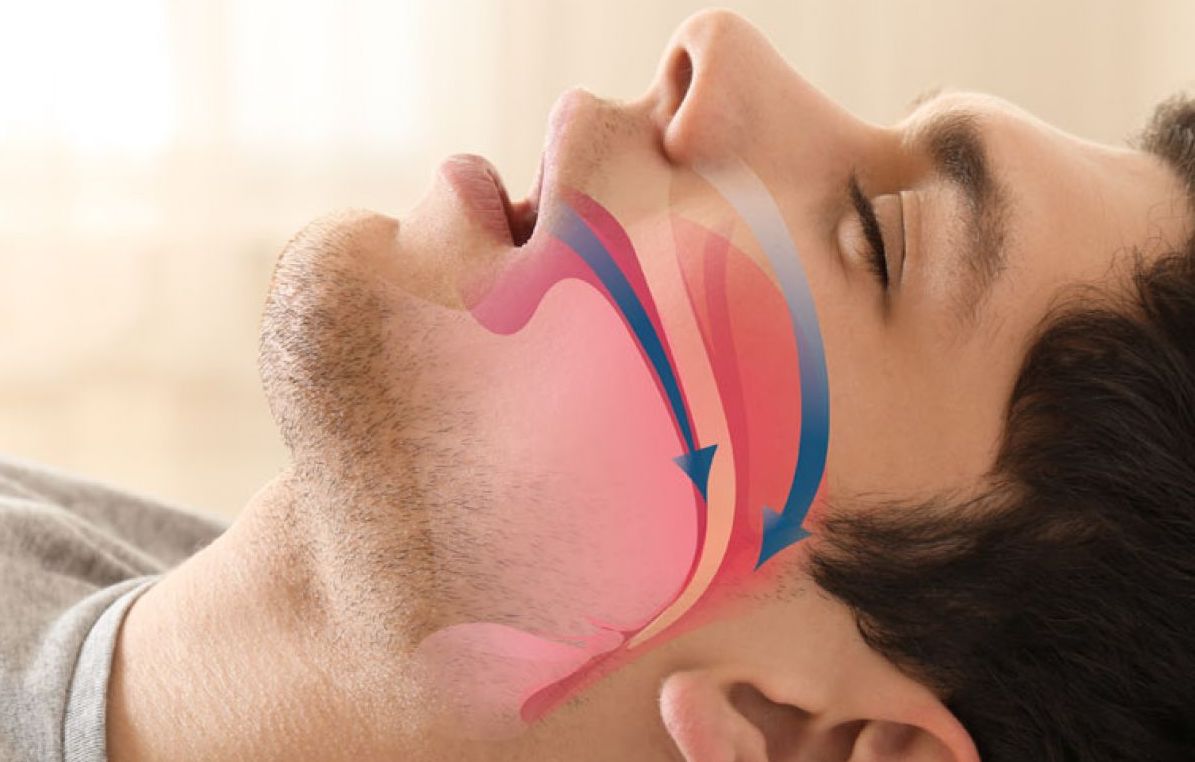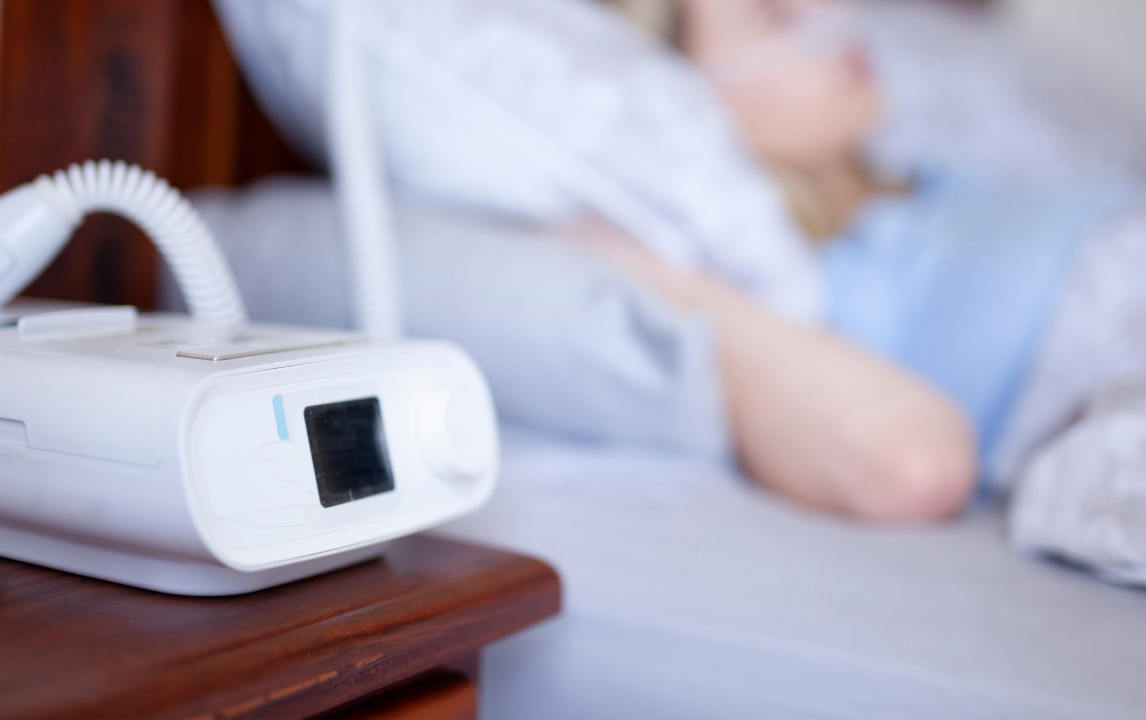You may have heard that frequent snoring is a sign of sleep apnea. It’s true that snoring is one of the most common symptoms, but not everyone who has sleep apnea snores. And of course, not everyone who snores has sleep apnea. you can use Mintal Tracker to detect whether you snore or have sleep apnea.
An estimated 22 million Americans suffer from sleep apnea. This troublesome disorder, which may cause interrupted breathing repeatedly during sleep, can lead to serious even life-threatening complications.

Five Possible Signs of Sleep Apnea
1. Dry Mouth and Sore Throat Upon Waking
Do you often wake up desperate for drinking some water? This can be caused by sleeping with your mouth open. If you’re having trouble getting enough air and end up breathing through your mouth to compensate. All of that gasping for air dries your throat tissues and can leave you a sore throat in the morning.
2. Morning Headaches
If you stop breathing hundreds of times throughout the night, you’ll probably feel bad when you wake up. Waking up frequently at nighttime caused by sleep apnea can trigger morning headaches.

3. Fatigue or Daytime Drowsiness
If you often wake up tired or experience daytime drowsiness, these could be signs of sleep apnea. Sleep apnea can interrupt your sleep many times throughout the night as your body struggles to take in oxygen. As a result, this could keep you from getting a good night’s sleep and make you sleepy throughout the day.
4. Loud Snoring
Sometimes snoring is just snoring, but frequent and loud snoring is often a sign of obstructive sleep apnea. Snoring occurs when the muscles at the back of the throat collapse. When air moves over them as you breathe, this results in that snore sound.
5. Waking Up Gasping
This is one of the most obvious symptoms. If you’ve ever woken up gasping or choking for breath, that is a sign you were experiencing a breathing obstruction caused by sleep apnea. This happens when you aren’t getting enough oxygen, which can lead to severe long term effects.








